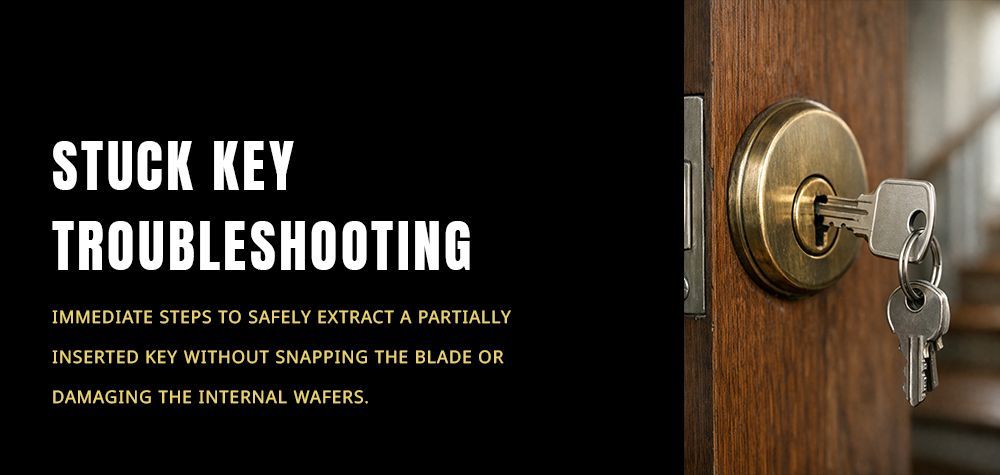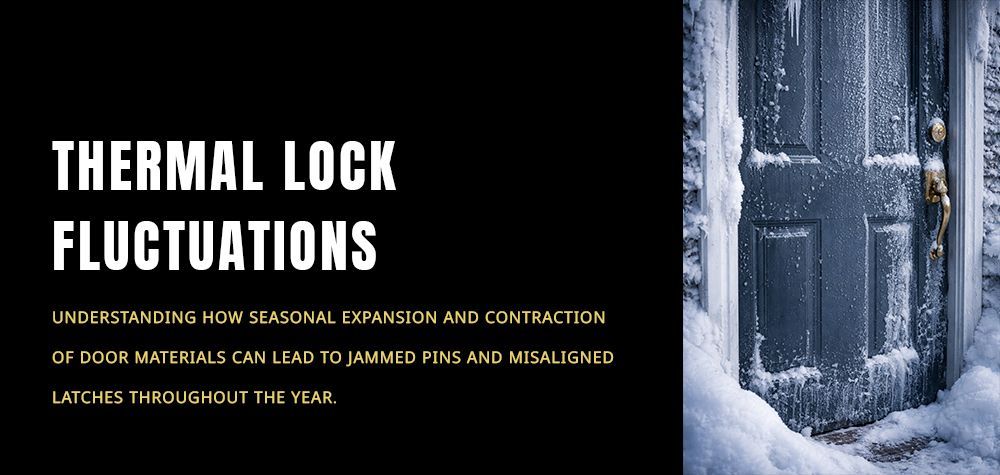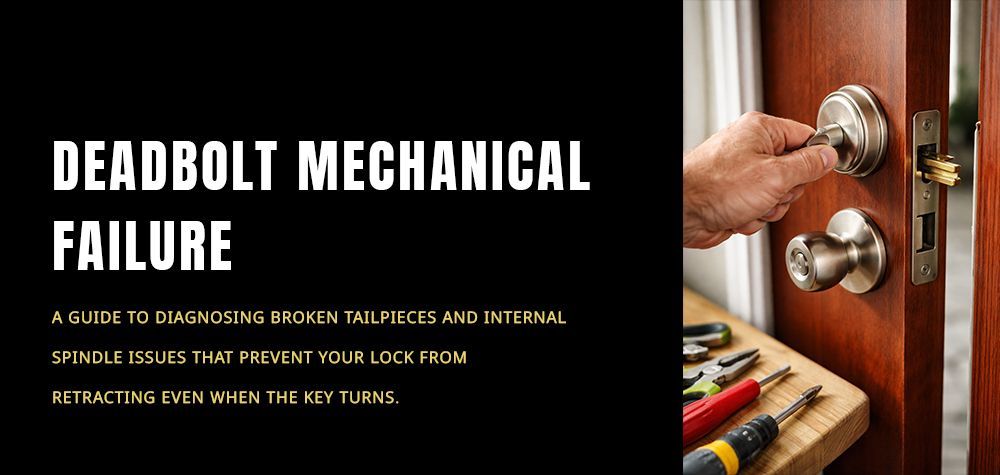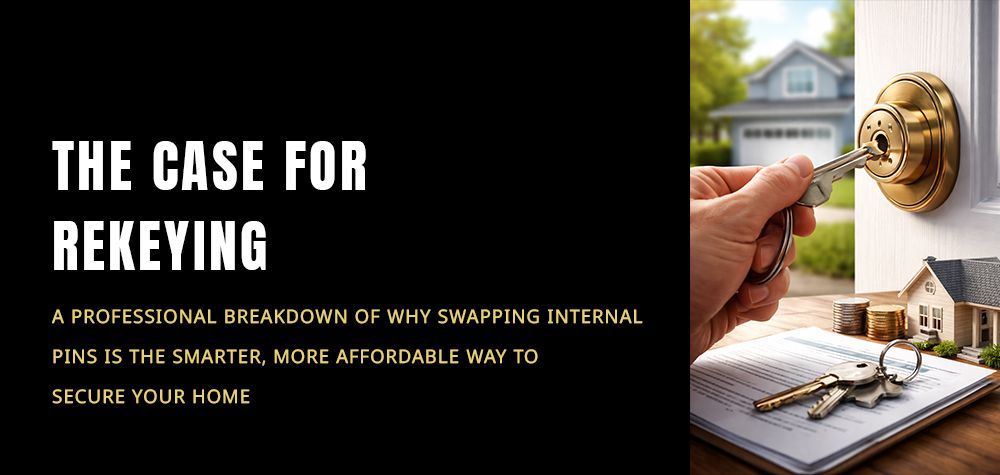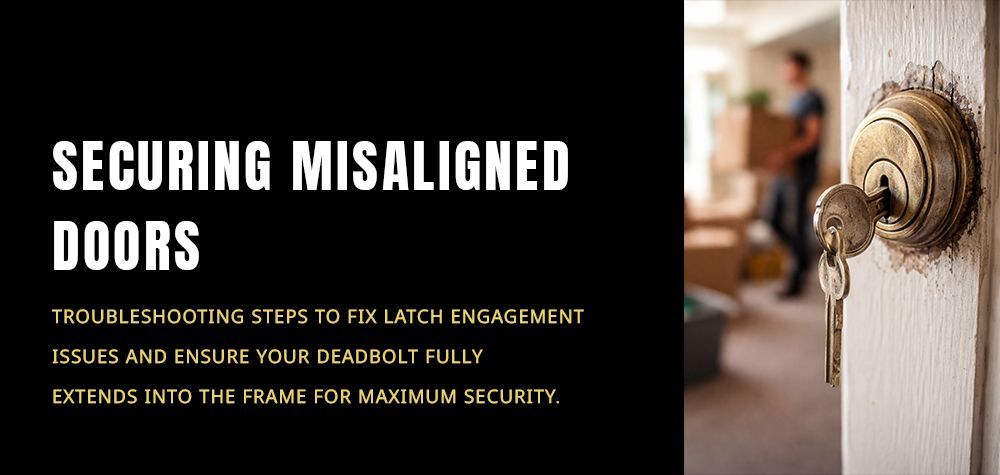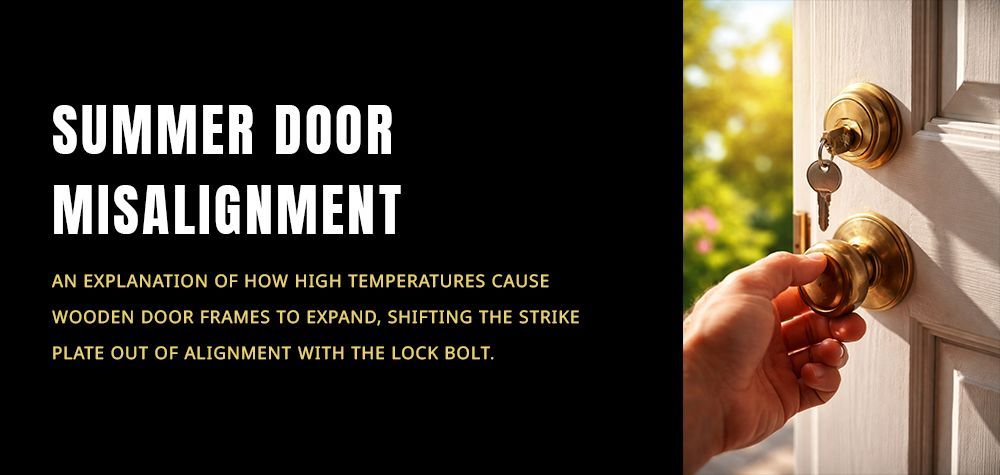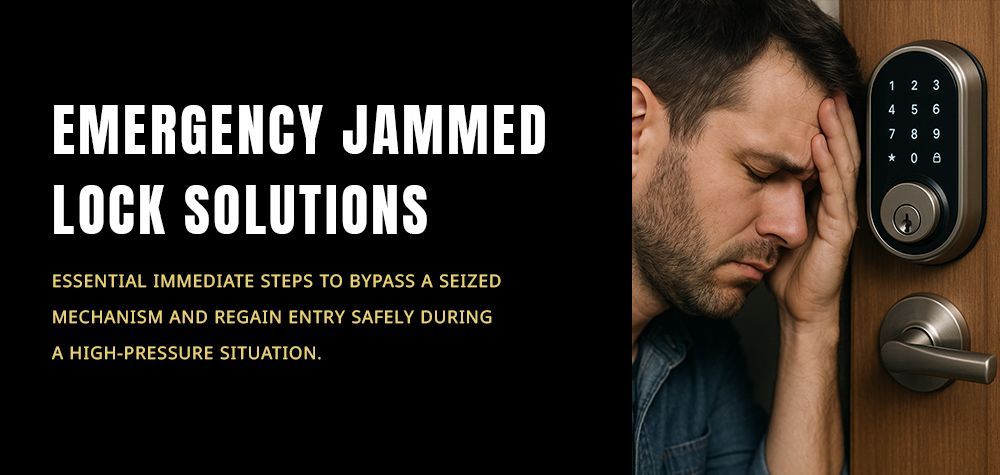8 Useful Tips to Protect Your Home or Apartment While You’re Away
No matter how civilized we might get, crime is not going anywhere; it is here to stay. It is common in almost all cities in the entire world to have your place robbed when you are not there. Stats show that the possibility of a robbery at home or apartment increases significantly when the homeowners are not around for an extended period. In addition to investing in high-quality locks , you need to do some more things to ensure the safety of your home.
If you are going on vacation or a business trip, and your place is going to remain unattended for a long time, here are some tips that can help you make sure that no one will get in and do something against your security and privacy.
- Don’t Post Your Travel Plans
We are living in the age of information. Social media has blurred the line between private and public life beyond recognition. You need to keep one thing in your mind; not everyone on social media is your “friend.” If you are going away for a long period of time and leaving your property unattended, make sure that you don’t advertise this on social media and attract unwanted attraction to your unguarded property.
- Make it Look Like Someone is Home
Bluffing can come in handy when you are trying to fend off unwanted visitors from your property. While leaving your place, turn some of the interior lights on and set your TV or radio running at high volume so that it can be heard from the outside. Doing so will make the impression that someone is on the property, and most of the thieves don’t want to sabotage houses with people in them.
- Turn on Exterior Lighting
Most of the bad things in the world take place in the dark. If the external lights of your home are off at night, anyone can sneak in taking the cover of darkness. Leave the exterior lights on, and due to which, no one will dare to enter your property out of the fear that it can get noticed by passersby or neighbors.
- Keep all Your Valuables in the Safe
It’s good to expect the best and remain prepared for the worst. Even after all the precautionary measures, someone can gain access to your property, and in that case, you need to make sure that the most valuable things will remain safe. Keep your jewelry, cash, and other valuables in a safe, and try to install the safe in a hidden place so that no one can notice it.
- Install Security Cameras – that you can watch 24 hrs. anywhere in the world
The widespread use of the internet has revolutionized many fronts of our lives. There are various security cameras available in the market that can be monitored via your mobile or computer, no matter where you are in the world. These cameras are not very expensive, and you can install them yourself. They can act as a deterrent, and in case something bad does happen, you can get information from the footage that can be useful in catching and apprehending the culprits.
- Lock Up Tight windows and doors
This is a simple but extremely important way to protect your home. Make sure all the possible entry and exit routes of your property are properly locked, and there’s no possibility of getting in without having to break something or crack a lock.
- Enlist a neighbor that you trust
If you are going away for a really long time, ask a neighbor to keep an eye on your property and inform you or the law enforcement agencies if something wrong does happen.
- Upgrade your door locks to high-security locks
Nowadays, there are locks available that are virtually impregnable. You can install these better locks, and they’ll most probably keep the offenders away. There are even some locks that can send you a notification on your phone if someone tries to tamper them, and hence you can call the police.
Summing-up:
Your home or apartment is the most vulnerable when you are away for a long time. It gives people with malicious intentions and a window of opportunity to rob you of your valuable assets. While you can never totally rule out the possibility of burglary or sabotage, we’ve listed some useful ways, doing which, you can significantly decrease the possibility of any criminal activity while you are away from your home or apartment.
Call Us Any Time!


